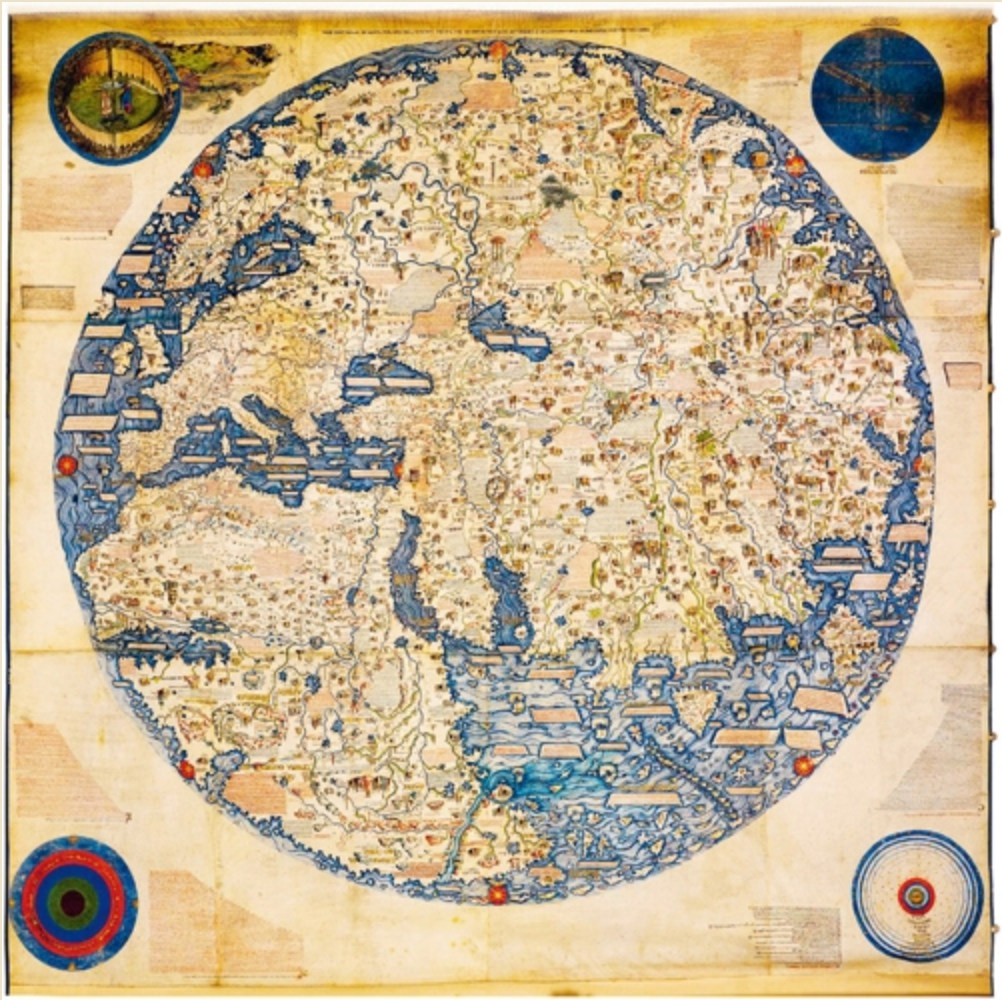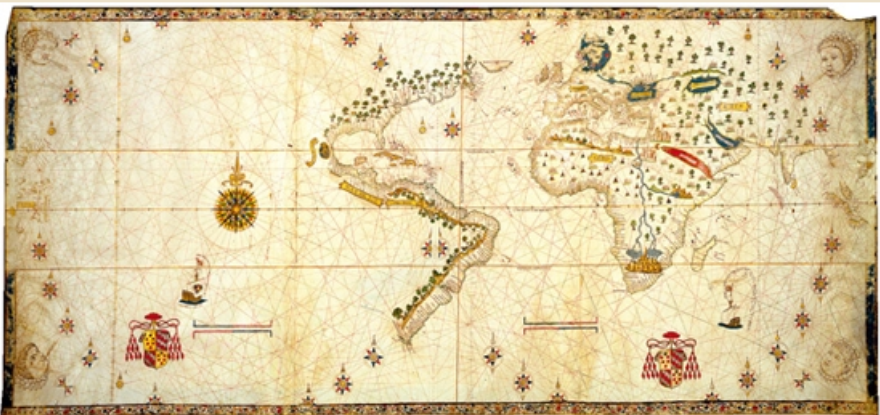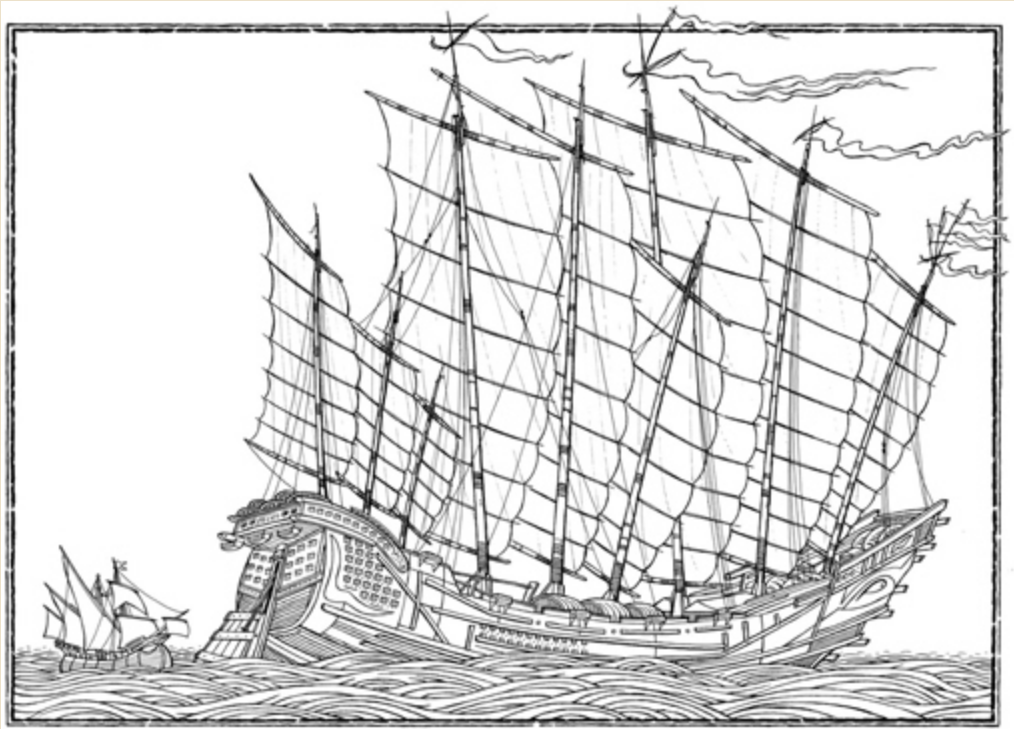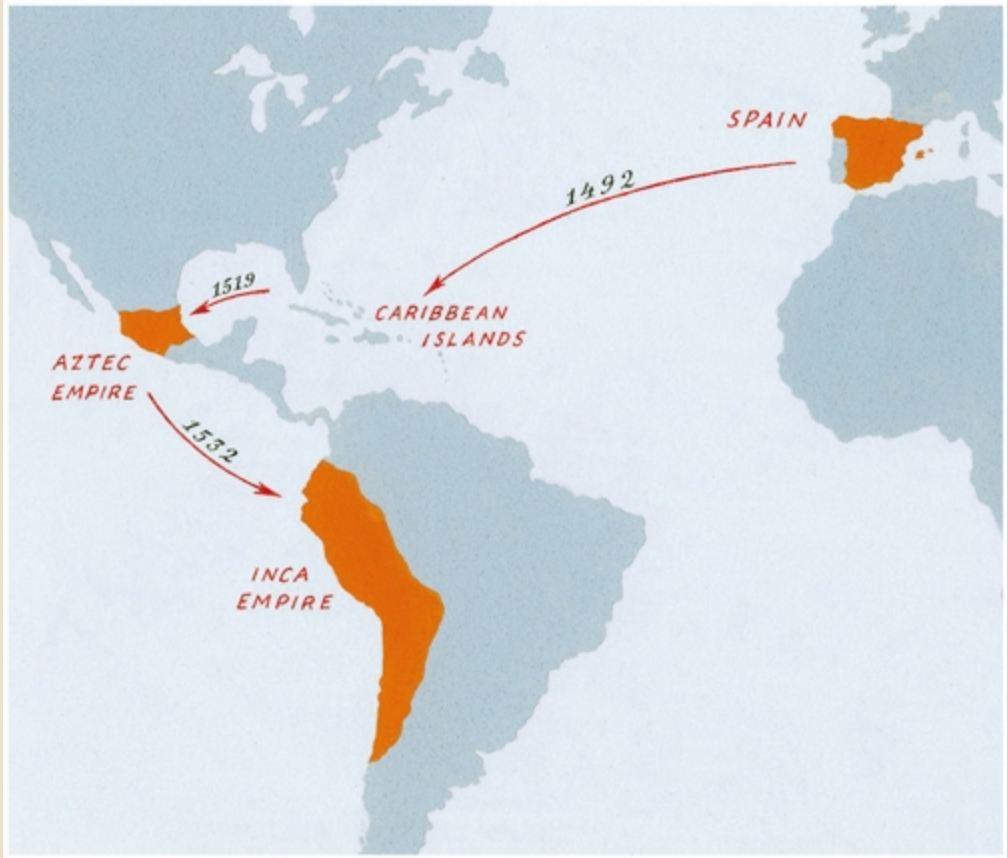
英語でSapiens を読もう📖#15
For English learners!
Hello everyone, how’s your English learning journey going?😃 Reading an English book is sometimes a long journey. You might inadvertently stop if you are alone. But no worries. You are at the right place already. I would like to explore an English book here so that you can try reading the book with me. We are not alone. Let’s enjoy a fun time reading!
The book, which I picked up this time, is called Sapiens, published by Yuval Noah Harari. The Amazon Kindle link below allows you to read up to chapter 3. Today, I am covering chapter 15.
You can check out my recommending strategy of reading as well as a bit of information about this book with a link below. Okay then, let’s get started📖
日本語学習者のみなさん!
みなさん、こんにちは。あずみです。日本語の勉強はどうですか?やさしい日本語で読むのに飽きてきたあなたに、もうワンランク上のリーディングをお届けしたい、ここはそんなブログです。英語部分で私が書いていることを、日本語で書くならこんな感じというのがテーマです。ぜひ、カジュアルな日本語のライティング表現を体験しながら、同時に興味深い本の内容も楽しんでボキャブラリーの幅を広げてくださいね。😃
英語の勉強、はかどってますか?英語の本を読むのって長い旅路ですよね。うっかり止まって挫折してしまうのはとても簡単です。でもこのブログを読んでいるあなたはだいじょうぶ。そんなあなたを応援するのがこのブログです。このブログで私は本を取り上げ、掘り下げていきたいと思いますので、よかったら私といっしょにこの本にチャレンジしてみてください。
今回読む本は、ユヴァル・ノア・ハラリさんの「サピエンス全史」です。本の内容はアマゾンキンドルのリンクから試し読みで確認してみてください。
また、こちらのリンクから英語の本のオススメの読み方について取り上げています📖ぜひ確認してみてくださいね。さぁ、15章を読みましょう。
Ch.15 The Marriage of Science and Empire
🦧第15章 科学と帝国の融合
Grasp the structure!🦧構成を把握する

To grasp the chapter, you just try to see its hierarchical configuration. I strongly recommend drawing it either physically or virtually.
階層構造を追い、内容を把握します。実際にメモを取りながらするとはかどります。
Science and empires are hardly inseparable; a scientific expedition means a military expedition.
🚧工事中 🚧
🚧工事中 🚧
🚧工事中 🚧
🚧工事中 🚧
🚧工事中 🚧
🚧工事中 🚧
Summarize the chapter concisely🦧章を一言でまとめる

To summarize, check the hierarchical configuration and make sentences with important points of each.
階層構造の各部分のポイントを確認して、文にしてまとめます。
Science and empires are hardly separable. Europeans began to think and behave in a scientific and capitalist way. It harnessed them far better than others and it blossomed. Conquest of territory means the conquest of knowledge. They became ever more tightly intertwined. Both modern science and modern empires were motivated by the restless feeling that something important awaited beyond the horizon. The Europeans had the unparalleled and insatiable ambition to sail to unknown lands and conquer. Empty maps can tell how the scientific mindset spread and fueled them to explore and conquer. And, the global vision emerged. The European arrival into America was like an alien invasion. The native Americans never imagined ending up being taken over and their population had shrunk by 90%. The Europeans had a global vision while others didn’t. Modern science and modern empires also shared the practices of empire-builders. Building an empire was a scientific project while setting up a scientific discipline was an imperial project.
科学と帝国は切っても切り離せない関係です。ヨーロッパ人は科学的かつ資本主義的な方法で考え、行動をするようになりました。この考え方はヨーロッパ人に非ヨーロッパ圏の人々が及ばないほどの繁栄をもたらしました。領土を征服するということは知識を征服できることを意味します。領土を征服し、そこから知識を得るという考え方はそれまで以上に緊密に絡み合っていきました。現代科学と現代の帝国の双方は共に、まだ知らない重要な何かが地平線の先に待っているのだという落ち着きのない感覚によって動機づけられました。ヨーロッパ人は比類ない飽くなき野心で、未知の土地へと航海をし、征服を始めました。「空白がある地図」からは科学的な考え方がどのように広がり、探求と征服がどのように彼らを刺激したかが見て取れます。そして、それはグローバルビジョンの誕生に繋がりました。ヨーロッパ人のアメリカへの到着は、エイリアンの侵略のようなものでした。原住民は、まさか自分の国が最終的に乗っ取られようなどとは思いもしていませんでしたが、結果として原住民の人口は90%減少することになりました。ヨーロッパ人がグローバルビジョンを持っていたのに対して、非ヨーロッパ人達はそうではありませんでした。現代科学と現代の帝国には、何かを作り上げるという慣習の共有でもありました。帝国を築くことは科学的プロジェクトであり、科学的規律を確立することは帝国的プロジェクトだったのです。
Make questions to discuss🦧ディスカッション用の質問を作ろう

To discuss, make questions. It gives you a great topic to talk about in English.
本について話し合うための質問を作ります。作った質問は英語で話をするときのいい話題になりますよ。
What does it mean? How are the parts connected? what is the reason for people’s actions?
There is more than one possible answer, but the viewer’s opinion is based directly on the text.
ここはどういう意味でしょう?これらの箇所はどう繋がっていますか?この行動にはどんな意味がありますか?
答えは2つ以上考えられますが、質問の答えは本文に直接基づいている必要があります。
My opinion: The global vision is the mindset to see this globe as one connected world that Sapiens co-live beyond where they locate. If Aztecs had had the global vision, they would have paid attention to what had happened to their neighbors, the Carribian islands, and had been wary toward Spaniards as well as manipulated public opinion in Spain, and might have been able to avoid being conquered.
私の意見:グローバルビジョンは、この地球全体を共存する一つの繋がっている世界と見なす考え方です。もしアステカ人がグローバルビジョンを持っていたなら、隣人であるカリブ海の島々に何が起こったかに注意を払い、スペイン人に警戒し、スペイン本土の世論を操作し、征服されるのを避けることができたかもしれません。
five questions for discussion🦧ディスカッション用の5つの質問
How does this make me feel? What does it remind me of?
There are many correct answers that are related to one’s experience; they can be found outside of the text/speech.
この箇所はどんな風に感じますか?何を思い出させますか?
個人の経験に関連するたくさんの答えが本文の外で見つけられることが考えられます。
What does it say?
One correct answer is found in the text.
なんと言っていましたか。
答えは一つです。テキスト内でみつけることができます。
What does it mean? How are the parts connected? what is the reason for people’s actions?
There is more than one possible answer, but the viewer’s opinion is based directly on the text.
ここはどういう意味でしょう?これらの箇所はどう繋がっていますか?この行動にはどんな意味がありますか?
答えは2つ以上考えられますが、質問の答えは本文に直接基づいている必要があります。
What is the message beyond this presentation? What are the greater issues or questions this piece deals with?
The presentation is not directly referenced in the question. There are many possible answers found outside of the presentation, but it’s a starting point.
このトピックが伝える、もっと大きなメッセージはなんでしょう?このトピックの先にどんな大きな問題が見えますか?
この質問は、このトピックと直接リンクする必要はありません。この話の外側にたくさんの答えがあるでしょう。でも、このトピックがいいスタートポイントになります。
How effective is the presentation in whole or in part? Why did the speaker/author make these choices and how well do they work?
Many possible answers can be found outside of the presentation but it’s a reference.
この箇所は全体の中で/この部分においてどう効果的な役割を果たしていますか?どうして話者はこのような表現をしましたか、またそれはどのように機能していますか?
たくさんの答えが本文の議論の外でひとつの例としてみちびかれる可能性があります。
Expressions and terms🦧覚えておきたい単語・表現

Pick some terms that you are unfamiliar with from sentences you high-lightened and memorize them because you need them to discuss this chapter!!
読みながらハイライトした特に重要だと思う文の中から、使い慣れていない言葉を選んで覚えましょう。なぜかというと、ディスカッションで意見や考えを言うために必要になるからです。
| term | example sentence |
|---|---|
| benign | The Cook expedition had another, far less benign result. |
| inconceivable | The idea that he had discovered a completely unknown continent was inconceivable for him and for many of his generation. |
| hegemony | This was one of the crucial factors that led to the collapse of European hegemony. |
| contemplate | It is interesting to contemplate what might have happened had Montezuma been able to manipulate public opinion in Spain. |
| 単語 | 例文 |
|---|---|
| 無害の | クック遠征は別の、はるかに無害とは程遠い結果をもたらした。 |
| 思いもよらない | 完全に未知の大陸を発見したという考えは、コロンブスにとっても彼の世代の多くの人々にとっても思いもよらなかった。 |
| 覇権 | これは、ヨーロッパの覇権の崩壊につながった重要な要因の1つだった。 |
| 思索 に耽る | モンテスマがスペインの世論を操作できたとしたら何が起こったのかと思索に耽るのは興味深いことだ。 |

In this chapter, the author describes that how scientific and capitalistic way of thinking and behavior led Europeans to the conquest of land and knowledge. I am curious how Europeans got into this mindset and how their monotheism religious background affected it or not.
By the way, what did you think about the episode about astronauts and an old Native American? As a language learner, that story was just weird and hardly inconceivable, therefore, I googled it. As it turns out, it was just a made-up story. If so, what was the author’s intent?
Also, what did you think of the shift from racism in imperial ideology to culturism? It is fed by humanities and social science. From where we stand, it is so natural, but it is really interesting to know how far Sapiens took to come here today.
この章で著者は、如何にして科学的および資本主義的な考え方と行動がヨーロッパ人を土地と知識の征服に導いてきたかを説明しています。私はヨーロッパ人がどのようにこの考え方を取り入れた背景に、ヨーロッパで当時から盛んであった一神教の宗教的背景がどのように影響を与えたのかに非常に興味が湧きました。
ところで、宇宙飛行士とネイティブアメリカンのエピソードについてどう思いましたか?言語学習者として、その話は奇妙過ぎて全く信じられなかったので、グーグル検索しました。結局のところ、やはりただの作り話でした。もしそうなら、作者がこのエピソードを盛り込んだ意図はどこにあるのでしょうか?
また、帝国イデオロギーに根付く人種差別主義から文化主義への移行についてどう思いましたか?文化主義は人文科学と社会科学の研究によって支えられていますね。今日の社会からみると、この考え方はとても自然なことのように思えますが、サピエンスが今日ここに来るまでの歩みを考えると非常に興味深く感じます。









コメント